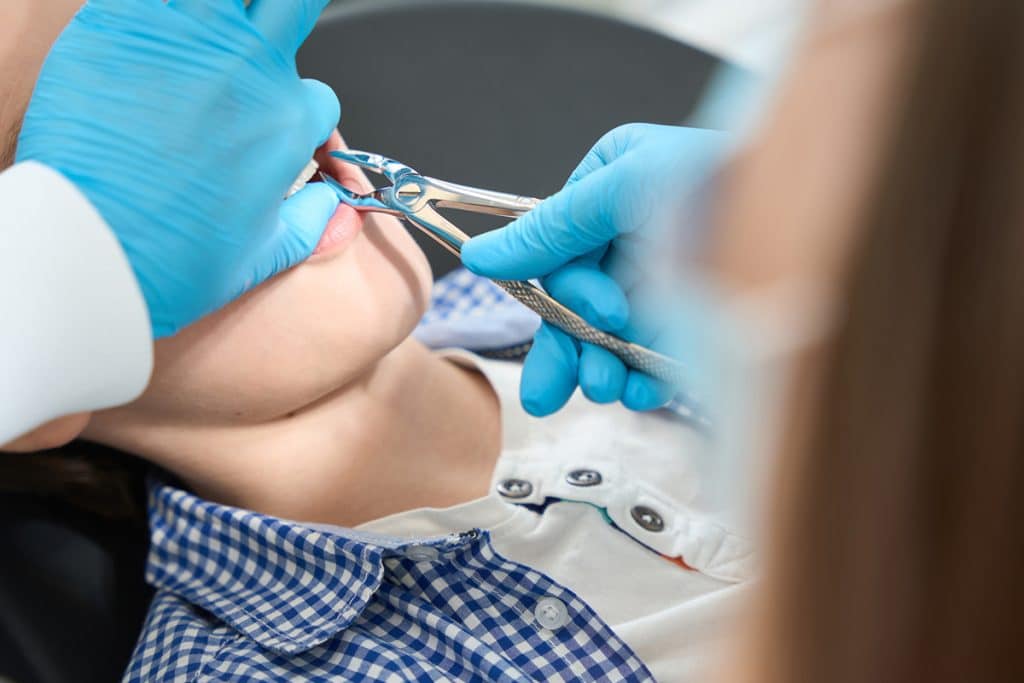What is a Dry Socket and How Can You Avoid Them?

There are various potential reasons why you may need to see an oral surgeon for a tooth extraction at some point in your life. After the procedure is over, the oral surgeon may provide you with advice regarding how to avoid certain complications as you heal.
One such complication is a dry socket. The following overview explains what a dry socket is and what steps you can take to prevent one from developing after a tooth extraction.
What is a Dry Socket?
A blood clot will form after an oral surgeon pulls a tooth. The blood clot forming in the extraction socket is the first step in the healing process after a tooth is extracted. Loss or disruption of this clot causes “Alveolar Osteitis” or inflammation of the alveolar bone inside of the tooth extraction socket.
Symptoms of a Dry Socket
Symptoms of alveolar osteitis or dry socket usually begin 3-5 days after a tooth extraction.
Symptoms of dry socket include:
- Pain is the most common symptom of dry socket and can range from very mild to severe. Pain is often described as aching and throbbing with radiation of discomfort backwards towards the ear and forward toward the front teeth.
- Halitosis
- Foul taste
How to Avoid a Dry Socket
Again, your oral surgeon can provide you with tips for guarding against a dry socket. Take their advice seriously to limit your chances of experiencing discomfort as you recover from a tooth extraction.
Steps you can take to minimize the chances of a dry socket forming include:
- Have your tooth removed by an experienced surgeon. Traumatic surgery with prolonged bleeding can increase your risk of developing dry socket.
- Follow your surgeon’s recommendation to incorporate the use of Leukocyte Platelet Rich Fibrin (L-PRF) into your surgical plan. L-PRF enhances healing and will minimize risk of dry socket,
- DO NOT smoke. Smoking is one of the leading causes of dry socket.
- Avoiding straws during the first 72 hours after surgery. The negative pressure formed by use of a straw can dislodge a blood clot that has already formed
- Avoiding foods that one might suck on, such as candies or ice pops
- Not brushing or flossing in the immediate area of an extraction until a few days of healing have occurred
- Do not disrupt the wound by touching or self examination
Learn More About Tooth Extractions & Dry Sockets in Boston
At Lucca Oral & Facial Surgery, in Boston, MA, we’re always happy to answer patient questions about avoiding dry sockets when we perform extractions. Learn more about what we can do for you by contacting us online today or calling us at 617-300-0345 to request an appointment.






